
Corporate Social Responsibility
BCCA recognizes that corporate social responsibility (CSR) is a rapidly evolving issue and affects companies differently depending on their size, location and specialization. BCCA recognizes the importance of CSR, and encourages companies to voluntarily undertake initiatives that enable them to operate in an economically, socially and environmentally sustainable manner.
What is Corporate Social Responsibility?
A Corporate Social Responsibility code or CSR is part management tool, part promotional tool, and part decision making framework. CSRs go by many names including: corporate governance, triple bottom line, corporate responsibility, corporate citizenship and corporate ethics, to name a few. While at first glance a CSR looks only like a PR tool, incorporating a CSR into your organization can provide a real competitive advantage by streamlining your corporate decision making, increasing operational transparency, reduce risks and build on your organizations social capital. CSRs can define your organizations relationships by informing others of what your organization is about and what they can expect from you. CSRs are about relating your social and environmental performance directly to your financial performance. Developing a CSR is relatively straight forward; you decide what to include and what it will mean to your business.
Take a few minutes and ask yourself these five questions:
What are your company’s values and goals?
Decide what else affects your decision making other than your bottom line.
Who are your key stakeholders, not just your shareholders?
List all the groups who affect your decision making and are affected by your decisions.
What strengths and weakness are there in your corporate decision making process?
Look to issues that leave you saying “I don’t know.”
How do you relate your business’ goals, your organizational values and your operational practices to your financial performance?
What values and practices directly impact your bottom line?
How do your social and environmental performances affect your financial performance?
How do your hiring policies, community involvement, and environmental practices impact your bottom line?
Why should you have a CSR Statement?
CSRs can be an avenue to correcting behaviour or to making business more sustainable. CSRs are about developing Social Capital and are a valuable and real way of saying what your doing and doing what you say. They state in plain language what an organization, company, business, or corporate entity believes in and strives for. CSRs show what stakeholders can expect from you and what you expect from stakeholders. CSRs are fundamentally a strategic tool for medium to long term planning and success. Corporate Social Responsibility codes incorporate the idea of the Triple Bottom Line. The Triple Bottom Line represents equal consideration to People, the Planet and Profit; relating all three to each other and showing that each one is dependant on the other two.
Social Capital is the goal of adopting a CSR, which means strengthening the social connection and interdependencies of the public with private business through increased dialog and considerations for both sides of the relationship. Public expectation for companies to operate responsibly means business will have to be able to demonstrate and document their social and environmental activities particularly when dealing with the public sector. Contracts may be awarded to companies that have adopted a CSR over one that has not even without the requirement of having one. Being able to demonstrate and document your relationship to your community can create a real advantage. Given the choice between two similar companies, the decision may come down to who will be a greater positive influence on the project or who has a stronger connection to their community.
Who has a CSR?
Many companies have a CSR, in fact the majority of them have incorporated them as part of the core of their business. CSRs are more than just transparent operations and community involvement. CSRs can ensure the long term sustainability of a community, even after you’ve finished doing business there. Take a look at what some other companies in Canada are doing with their CSR.


Apprentice Demand in the Top Ten Red Seal Trades
.png)
BCCA Annual Report 2018
An Introduction to Integrated Project Delivery
.png)
BCCA Annual Report 2017
BC’s Indigenous Communities: Opportunities in the ICI Construction Sector
What's Required to be a Construction Contractor in BC?
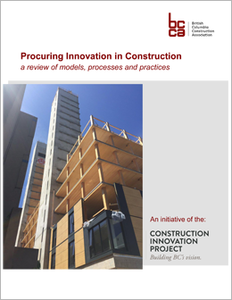
Procuring Innovation in Construction
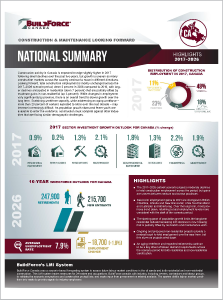
Construction & Maintenance Looking Forward 2017

Corporate Social Responsibility
.png)
Construction Innovation in BC

Green Building Rating Systems

Can Companies Really Do Well By Doing Good?

Construction & Maintenance Looking Forward 2015
.png)
The ITA Review
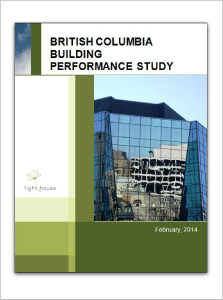
Light House Sustainable Building Centre
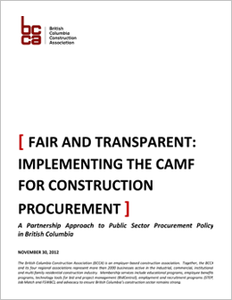
Fair and Transparent: Implementing the CAMF for Construction Procurement
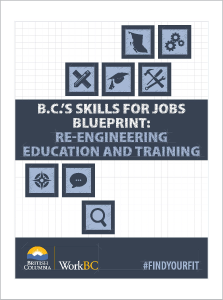
B.C.'s Skills for Jobs Blueprint
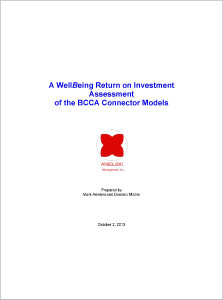
WellBeing Return on Investment Assessment of BCCA Connector Models
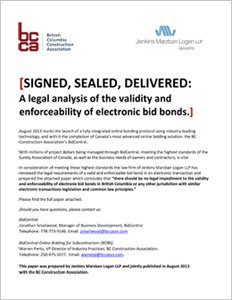
Signed, Sealed, Delivered: A legal analysis of the validity and enforcability of electronic bid bonds
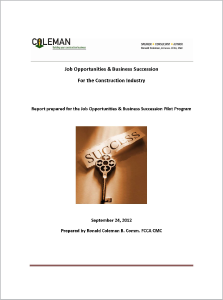
Job Opportunities & Business Succession
.png)
The Risks & Liabilities of Green Building
